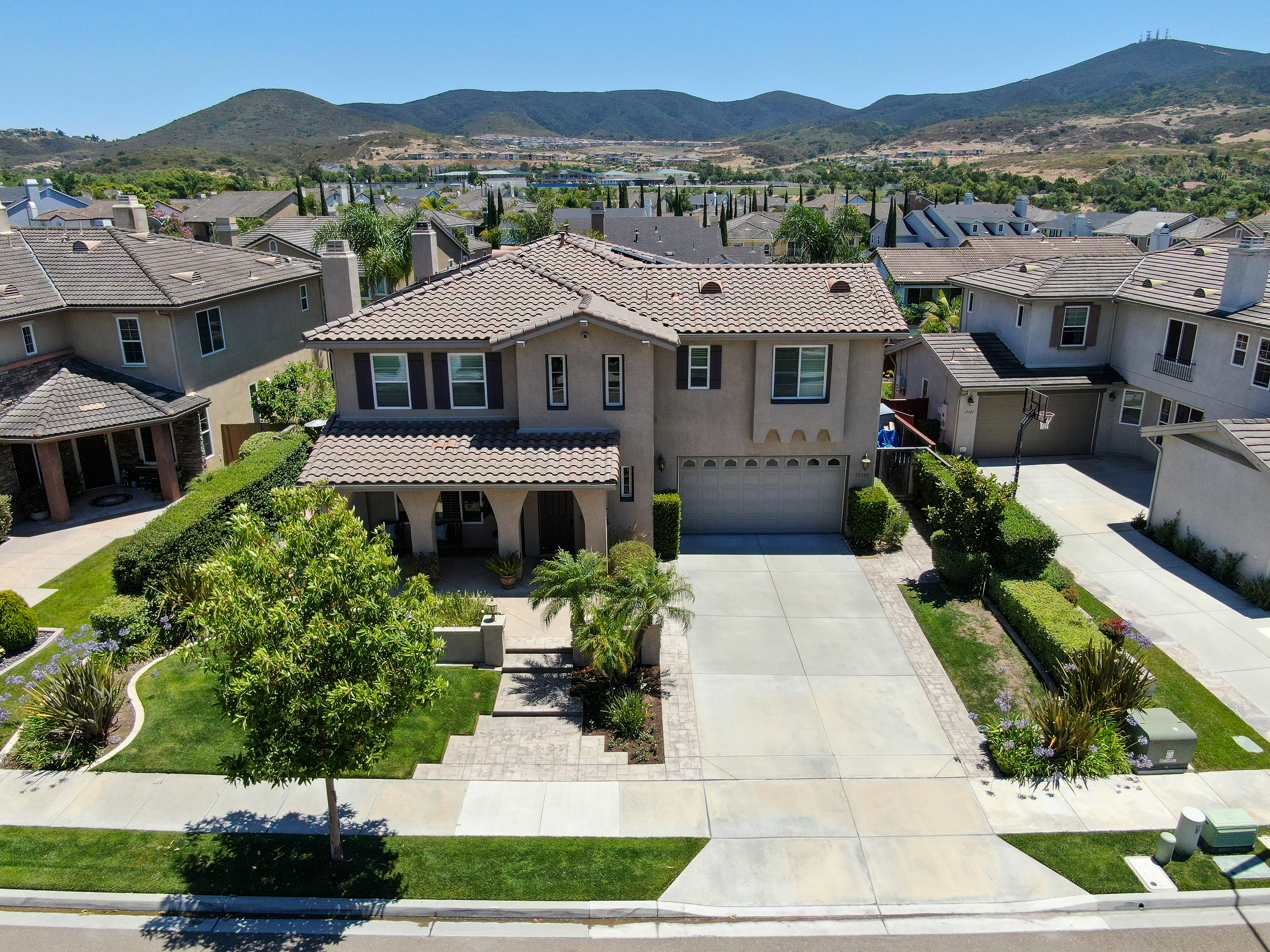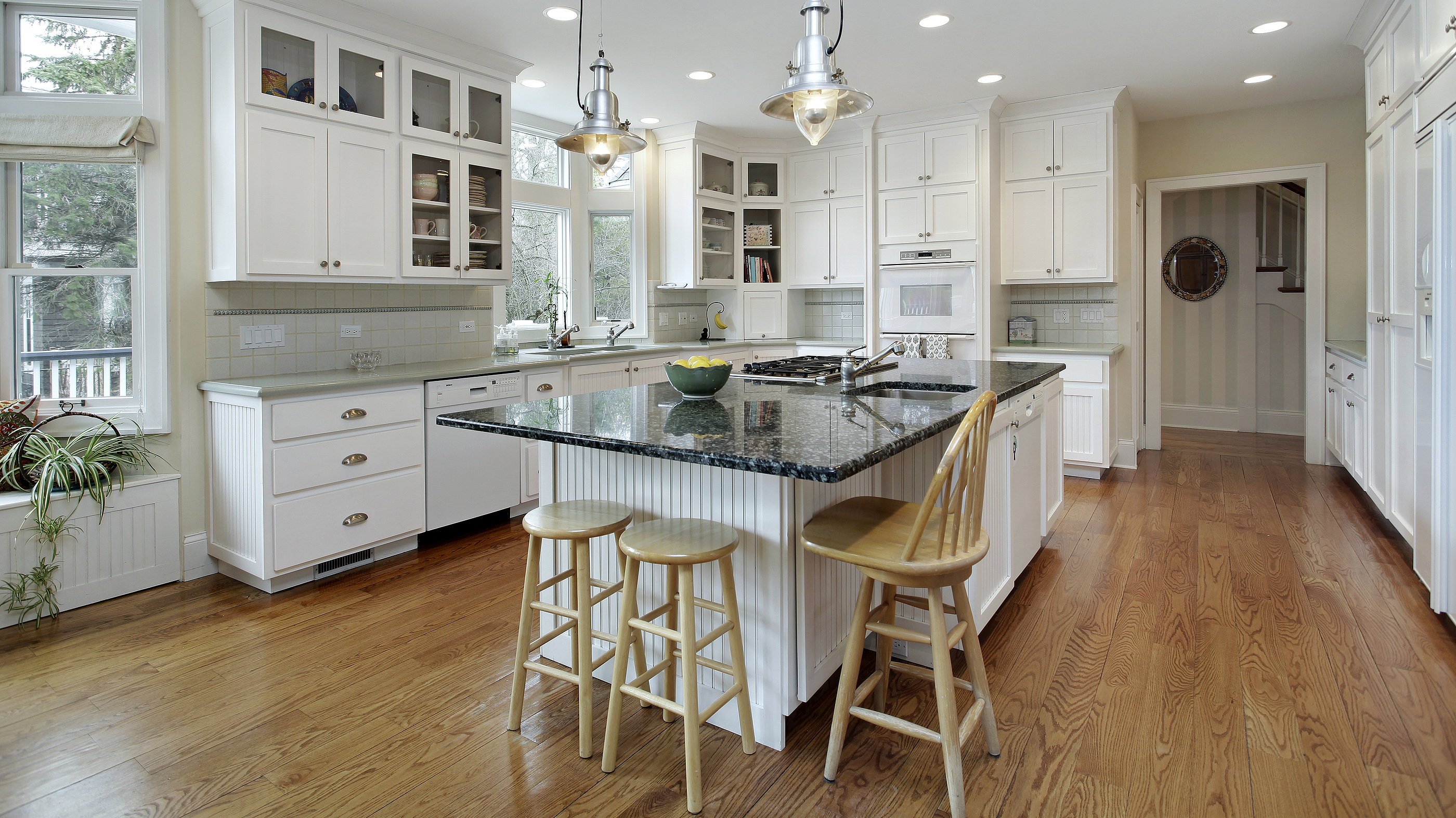How much do you know about security deposits? If you're brand new to becoming a landlord, the answer is likely "not enough." Sure, you know that you've paid them in the past when you were a renter, but what are they for, and what do you have to do with them?
Your local San Francisco Bay property management team is here to talk about it. Keep reading to learn all about security deposits.
What Is a Security Deposit?
A security deposit is a deposit that you collect from new tenants before they move onto your rental property. You collect it alongside the first month's rent.
Security deposits protect both you and your tenant. If something happens to the property as a result of the tenant's actions (such as damage or infestation), you can use some or all of the security deposit to pay for it.
This means that neither you nor the tenant should have to pay for anything out-of-pocket unless the damage is so significant that the security deposit can't cover it.
Security deposits are refundable at the end of the tenant's lease (more on that later). You can also charge a non-refundable pet deposit.
You don't have to have a security deposit, but it's in the best interest of everyone involved.
How Much Can You Charge for Security Deposits?
Security deposits do have limitations.
You can charge as little as you like for a security deposit, but the upper limit varies depending on whether your rental property is furnished or unfurnished.
A furnished property's security deposit can be up to two times the cost of the rent. For example, if your property's rent is $2,000 per month, the security deposit shouldn't be more than $4,000.
If the property comes furnished, you can charge up to three times the rent.
Many landlords prefer to match the cost of the rent with the security deposit. This will get them more tenant applications and happier tenants.
Do You Have to Return a Security Deposit?
This may be the most important landlord advice we can offer when it comes to security deposits. You must return the security deposit at the end of the tenant's lease under most circumstances.
As long as the tenant leaves your property in good condition, they are entitled to the security deposit. You can not expect the property to be perfect, but anything that falls under the category of "normal wear and tear" is not the tenant's responsibility.
You may keep some or all of the security deposit if there's significant damage to the property. Only keep what you need to fix the damage and make sure to make a list and take photos to show the tenant if they have any questions.
Your San Francisco Bay Property Management Company Can Help with Security Deposits
Security deposits aren't as complicated as they seem. Collect a sum of money from your tenants when they sign their lease and return it when they leave as long as the property stays in good condition. Consider putting this money somewhere safe so that you don't risk spending it.
If you need help managing security deposits and other aspects of property ownership, we want to help you! Our San Francisco Bay property management company has a team of professionals who know how to make your life easier.
Contact us so we can start working together today.





.jpg)
 Evan has been in the real estate and property management field for 6+ years. He is experienced in working with first time home buyers, is an Accredited Buyer’s Representative (ABR®), Seller Representative Specialist® (SRS) and Seniors Real Estate Specialist®(SRES®). He also works closely with Kenny Realty owners, getting their rental properties rented as quickly as possible. Evan is responsible for monitoring rental market conditions and advising our owners on market rates. He has outstanding communication with all clients he works with, keeping everyone in the loop at all times. He is the third generation of the Kenny family to practice property management on the peninsula.
Evan has been in the real estate and property management field for 6+ years. He is experienced in working with first time home buyers, is an Accredited Buyer’s Representative (ABR®), Seller Representative Specialist® (SRS) and Seniors Real Estate Specialist®(SRES®). He also works closely with Kenny Realty owners, getting their rental properties rented as quickly as possible. Evan is responsible for monitoring rental market conditions and advising our owners on market rates. He has outstanding communication with all clients he works with, keeping everyone in the loop at all times. He is the third generation of the Kenny family to practice property management on the peninsula.